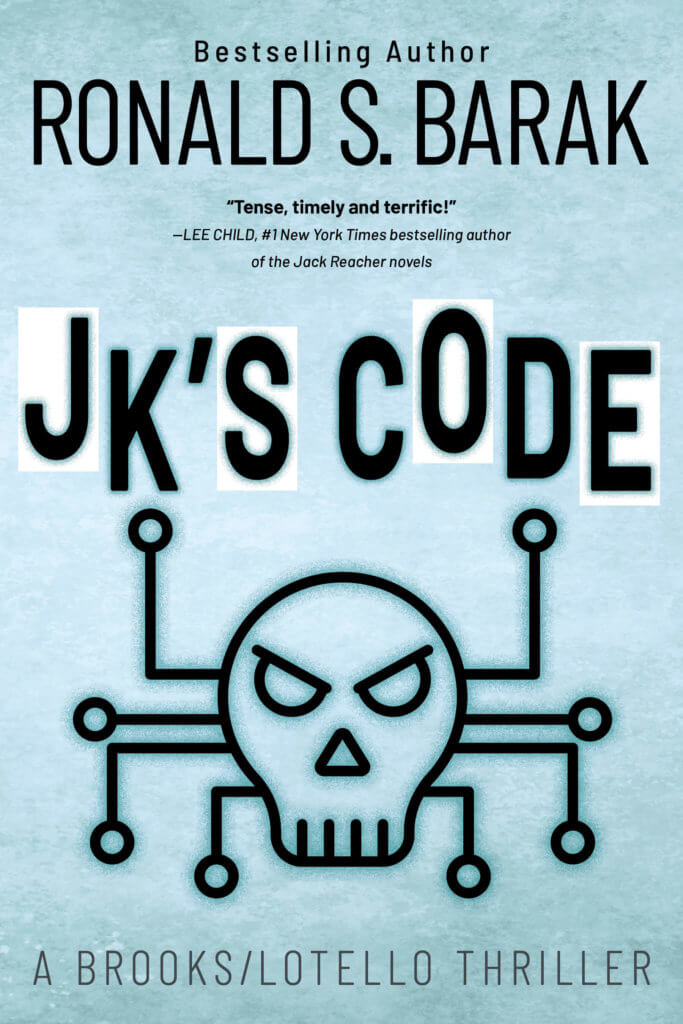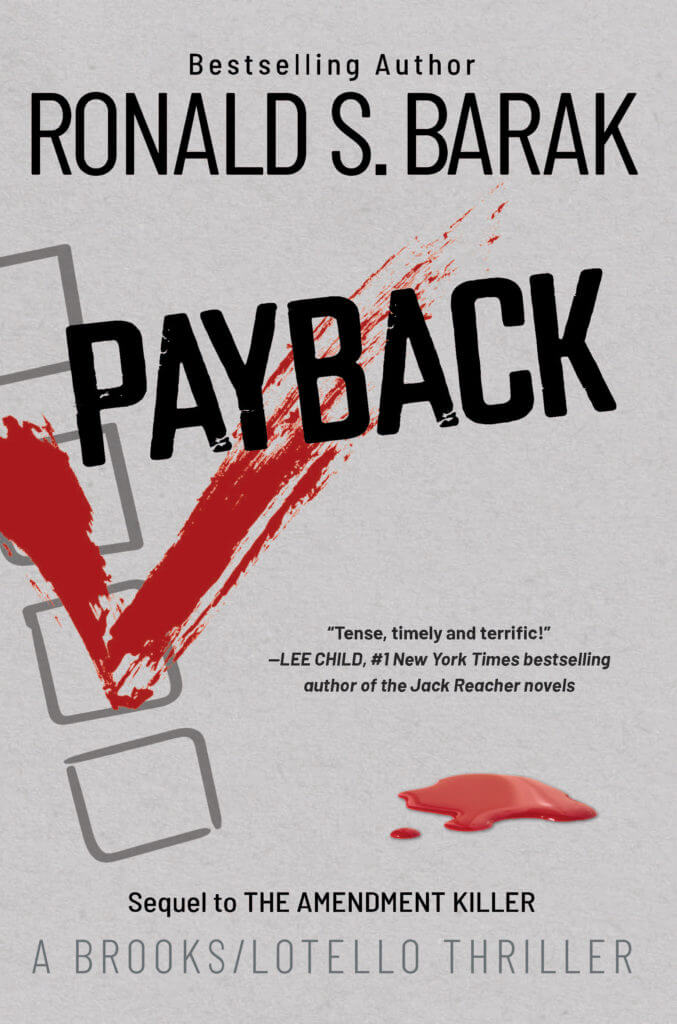 They tell me orange is the new black. Are courts fast becoming the new legislature—beginning to do the job of our lawmakers when our lawmakers won’t do it themselves?
They tell me orange is the new black. Are courts fast becoming the new legislature—beginning to do the job of our lawmakers when our lawmakers won’t do it themselves?
A couple of weeks ago, a U.S. District Court in Texas effectively made an end run on the U.S. Constitutional provision that mandates that a child born in the U.S. of immigrant parents here unlawfully is nevertheless a U.S. Citizen himself or herself. Because such a child increases the prospects of the parents ultimately obtaining legal status they might not otherwise achieve, such children are often referred to as “anchor babies.” All “illegals” have to do is sneak across the border into the U.S. just before the mom gives birth.
Representatives of a particular anchor baby recently sought a birth certificate so that the baby would be eligible for entitlements not available to the mom and dad. The U.S. Constitution notwithstanding, the court said “no way.”
How could the court get away with that given the U.S. Constitutional mandate? Easy, the court didn’t challenge the Constitutional provision, but instead simply said it was not satisfied that the baby was actually born in the U.S. The court said that it was its responsibility to protect the integrity of the citizenship processes. Given the apparent ease of establishing whether the baby was in fact born in a U.S. hospital, it may be that the court was as interested in circumventing the fine line between the judicial and legislative processes as it was in circumventing the Constitutional anchor baby provision.
A freak occurrence, this court crossing the line and effectively engaging in legislation? Within days of the “anchors away” decision, the California Supreme Court effectively made an end run on Miranda’s (and your and my) rights established decades ago by the U.S. Supreme Court in the landmark case of Miranda vs. Arizona. You know the Miranda rights; you see the dramatically recited on one televised cop show week in and week out:
Before a confession may be extracted from a suspect and then used in a criminal proceeding against the suspect, the police must first advise the suspect that “he has the right to remain silent, that he has the right to a lawyer and that if he cannot afford a lawyer one will be provided to him without charge.” If these rights are not first provided (and provable), any confession provided by the defendant is inadmissible. Even if the rights are first provided, the confession will still be inadmissible unless it can be demonstrated that the rights were knowingly first waived.
In the California case in question, a ten year old boy shot and killed his abusive father as he lay sleeping. It was undisputed that the youngster suffered from ADD, was of below average intelligence, and was incorrigible, much like his parents. In spite of having been read his Miranda rights, the boy nevertheless confessed what he had done before being provided any legal counsel.
By declining to hear an appeal from the lower courts involved in the case, the California Supreme Court effectively upheld the decisions of the trial court and the appellate court that this ten year all backward child had made an intelligent “informed” decision to waive his rights. He was convicted on the basis of his confession and sentenced to 40 years to life behind bars. (As a minor, he will nevertheless be released when he reaches 23, and may be paroled as early as age 20.) Did the California court make a political decision that if he was capable of killing another human being, he was also capable of knowingly waiving his legal rights?
Are our courts beginning to push back perform the job that our lawmakers are failing to do, failing to update our laws to reflect current social conditions? Enough handouts to illegals through their legal offspring? Too many young people indiscriminately shooting and killing innocent people?
It’s not for me to say where the Constitutional lines should be drawn between the judicial and legislative branches of our government. At least initially, it is up to our lawmakers to draw those lines—and they don’t seem to be doing so, bogged down by dysfunctional politics and overzealous lobbyists. And if they continue not to do their job, are we seeing that our courts may begin doing it for them?
In my opinion, our courts should stick to their Constitutional boundaries and we should insist that our legislators honor their responsibilities or be replaced by those who will.
What do you think?
Join the discussion either by logging in just below or by signing into your favorite social media outlet. If you’re having trouble, please follow these instructions to guide you! Thanks!







